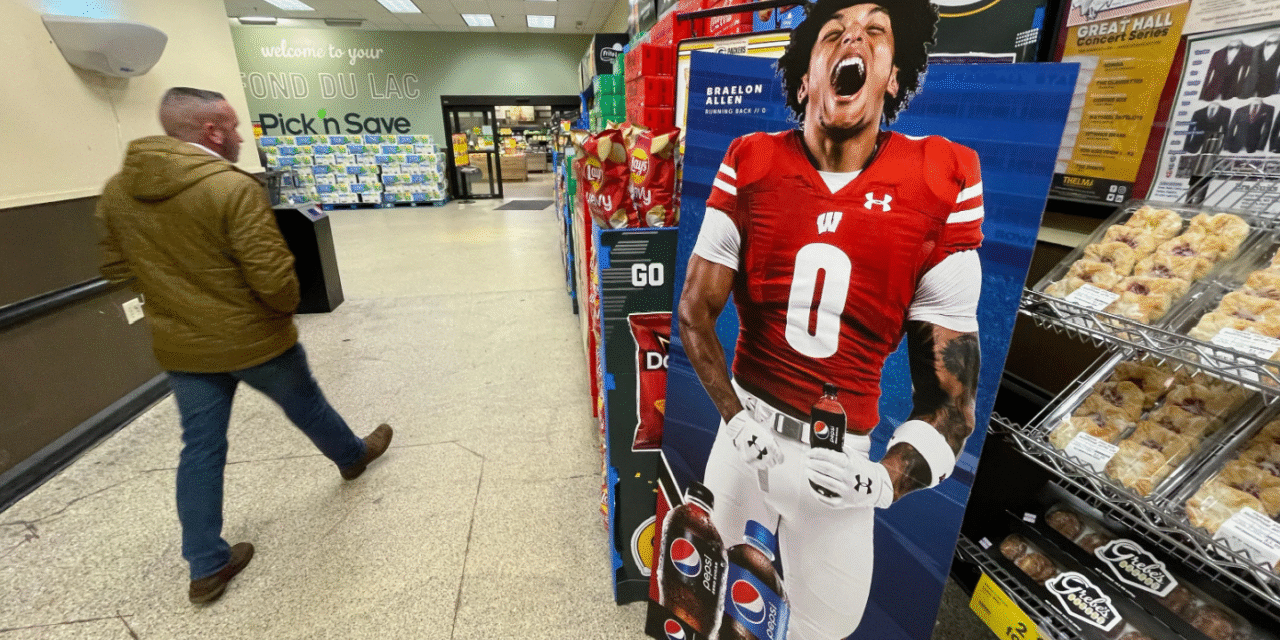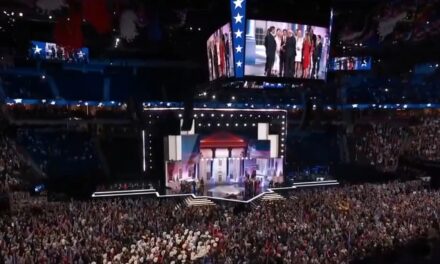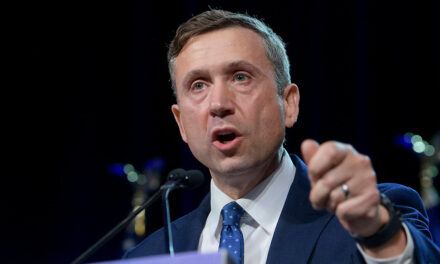The settlement means schools can now directly pay players through licensing deals.
In a major update on the name, image, and likeness (NIL) battle college athletes have been waging, schools can now directly pay players through licensing deals.
Student athletes have long argued that the scholarships they have been eligible to receive are not enough to compensate them for the millions in revenue they have brought to colleges across the United States.
A federal judge has approved terms of a $2.8 billion antitrust settlement in the case of Grant House’s lawsuit against the NCAA and the five largest athletic conferences in the country.
House, a former Arizona State swimmer, saw his lawsuit combined with two others and disputed over several years before the settlement was reached.
The settlement will allow schools to cut checks to athletes for use of their name, image, and likeness.
In Year 1, each school can share up to about $20.5 million with their student athletes. This amount is about 22% of schools’ revenues from media rights, ticket sales, sponsorships, and other forms of income.
Since 2021, student athletes have been eligible to receive NIL payments from third parties, but not directly from the schools themselves.
To enforce policies set in place, the defendant conferences are creating the College Sports Commission. The goal is for the commission to take over for the NCAA to monitor recruiting violations and analyze third-party deals worth $600 or more to make sure players are being paid an appropriate “market value” for the services being provided. Schools are now being asked to sign a contract that says they will follow the rules of the new structure, even if that means going against laws passed in their respective states.
The House settlement includes back pay for student athletes who competed between 2016 and 2024 that were either fully or partially shut out from those payments under prior NCAA rules.
The settlement also calls for roster limits that will reduce the number of players on all teams while making all of those players eligible for scholarships.






